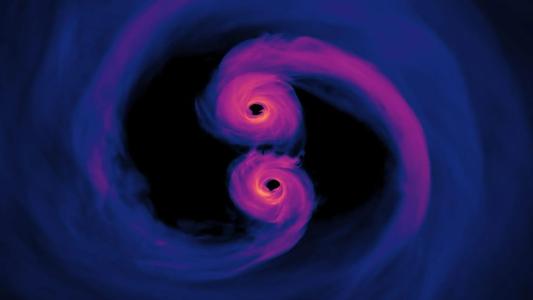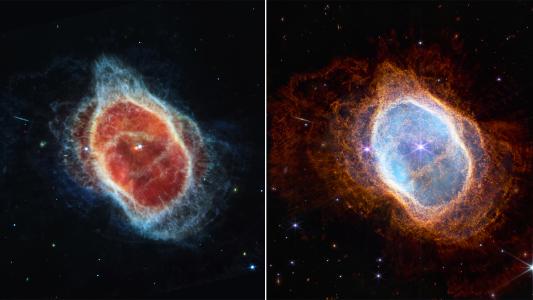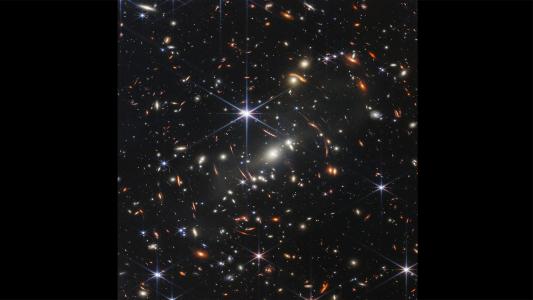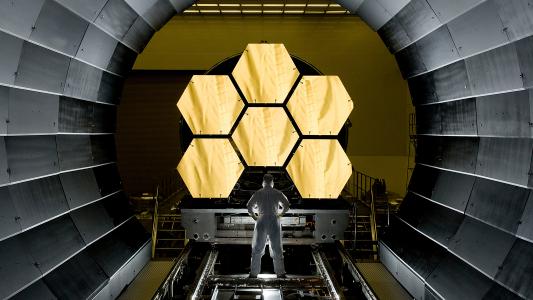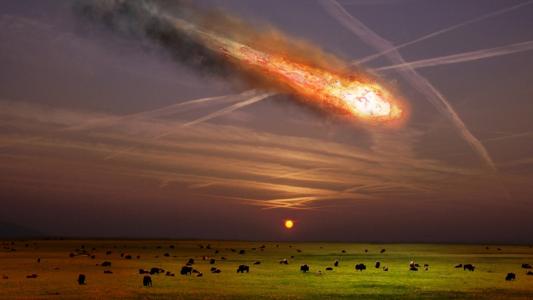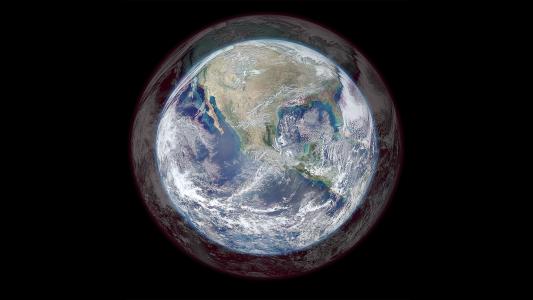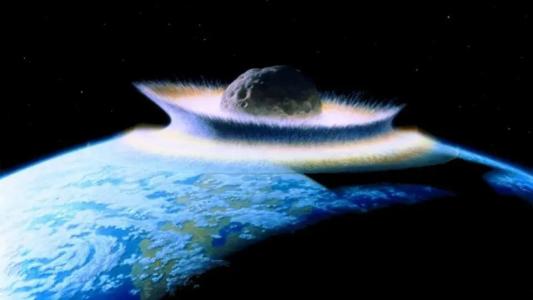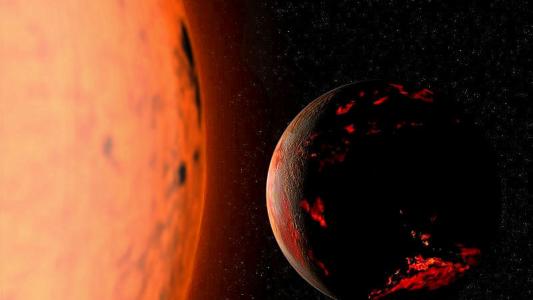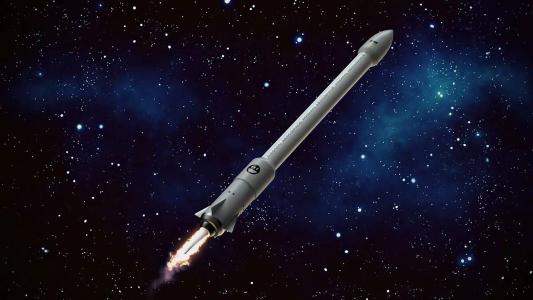Astronomy
Black hole mergers obey the laws of thermodynamics
An analysis of the gravitational wave data from black hole mergers show that the event horizon area, and entropy, always increases.
James Webb’s first science images: before-and-after
The James Webb Space Telescope's first set of science images showcases the breadth of the observatory’s capabilities.
James Webb’s record-breaking first science image: explained
On July 11, 2022, the very first science image of the James Webb Space Telescope was unveiled to the world.
NASA teases Webb telescope’s first images with list of targets (Updated)
NASA has announced the first targets for the James Webb Space Telescope and plans to share the full-color images on July 12.
The cosmos can kill us in many ways. But the James Webb Space Telescope can help save us
Asteroid strikes, supernova explosions, and gamma-ray bursts are just a few of the ways the cosmos can kill us.
Scientists see “rarest event ever recorded” in search for dark matter
Researchers observed an ultra-rare particle interaction that reveals the half-life of a xenon-124 atom to be 18 sextillion years.
Chinese astronomers unveil a plan to find Earth 2.0 — and aliens
China’s Earth 2.0 mission will survey the Milky Way in the hope of identifying exoplanets similar to Earth.
What happens if the Solar System’s largest comet collides with Earth?
The asteroid that caused the last mass extinction 65 million years ago was only 5 kilometers across — tiny compared to this one.
When will the Earth come to an end?
There are many different "ends" in store for our planet, in both the near and far future. Here are the ways our planet will meet its demise.
Ukrainian startup expects to fly “self-devouring” rocket in 2022
Ukrainian startup Promin Aerospace is developing a “self-devouring” rocket built from a material that its engine can burn as fuel.
